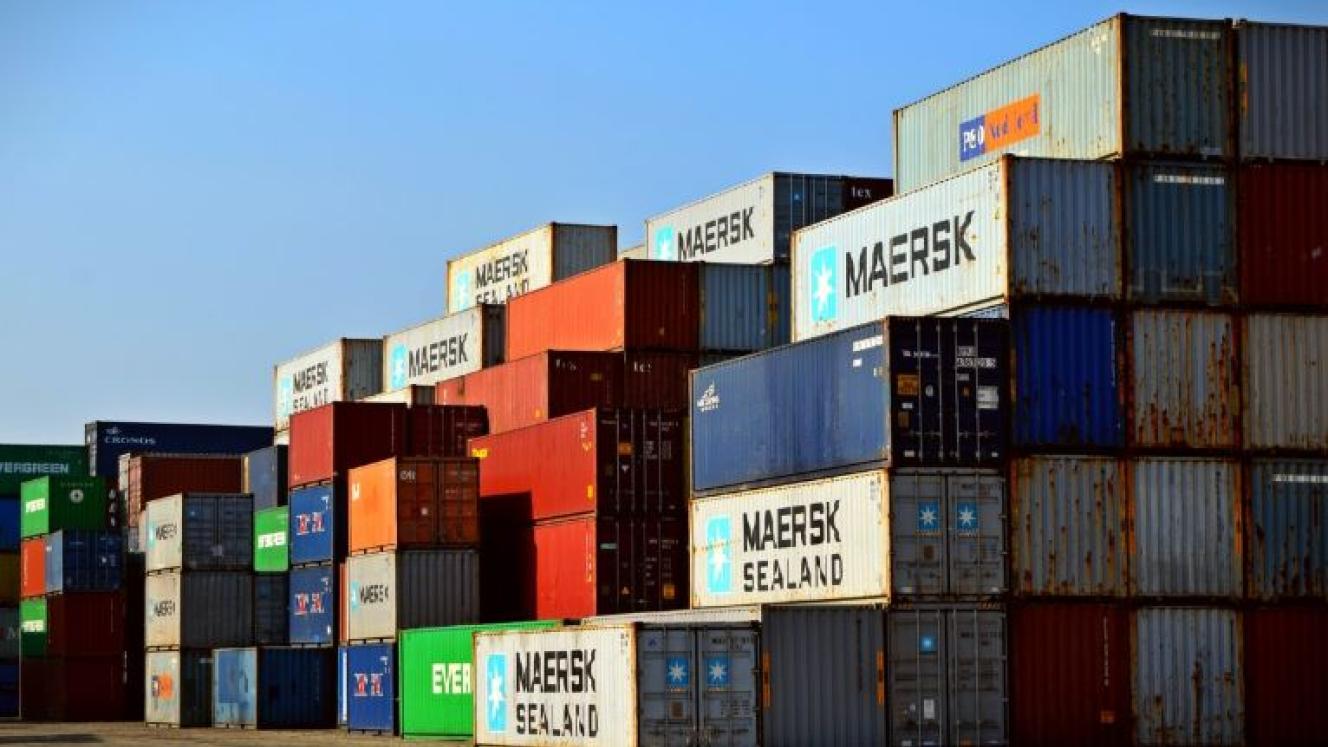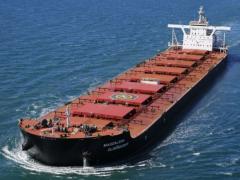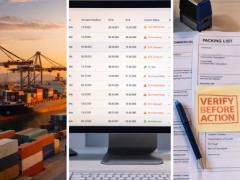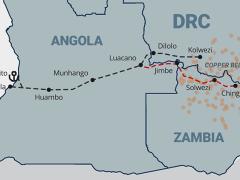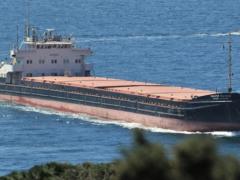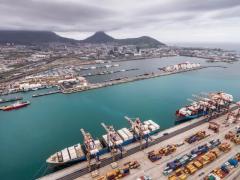The impact of Covid-19 and the resulting disruption caused by rigid lockdown levels on the movement of goods has saddled South African freight forwarders with a demurrage and detention bill of R1.4 billion.
That figure, according to Mike Walwyn, consultant for the South African Association of Freight Forwarders (Saaff), was calculated some two months ago before the country started gradually easing lockdown restrictions.
“It’s not going away though,” Walwyn said of the estimate he believes has once again brought into sharp focus the penalty costs charged by shipping lines.
Although Saaff is well aware of the position in which lines find themselves, having to sustain steep vessel costs while container returns and cargo retrieval are delayed by disruption to supply-chain efficiencies, he believes the shipping fraternity “hardly has the right to plead poverty.
“Our biggest problem is the quantum of what they charge. We have seen storage tariffs increase by as much 1000%. In one particular instance we saw a mark-up of 1400%.”
Exorbitant detention charges, where lines have had to warehouse cargo until it’s finally retrieved, have also resulted in shippers sometimes refusing to take possession of their goods, according to Walwyn.
“Importers don’t collect their cargo because they believe it’s not worth the cost. In some instances they say freight forwarders could’ve done more to speed up the process of getting their goods released.”
As for delayed container returns, severely inflated charges appear to be in sync with what is often charged for the detention of cargo, appearing to underscore the belief by freight forwarders that “demurrage and detention” and the supposed difference between the two is really neither here nor there as it’s all the same – a reason to profit through abjectly unfair penalisation.
“We have seen proof of a container lessee charging $2 dollars a day per container - yet when the container is returned late the shipping line in question is charging $150 a day demurrage.
“We could understand if the line would charge $3 per day to absorb its own costs, but such an increase is clear proof that demurrage is used by lines to maximise their profit margins.”
Admittedly, most lines were willing to reduce their billing, Walwyn said.
“They can hardly afford to be intractable as their reputations for fair trade are at stake. But reductions are made from a high base with vastly inflated costs passed on down the line, ultimately ending with consumers.”
Speaking of consumers – imports were not exactly setting the house on fire, Walwyn said. Neither is the approaching buyer frenzy of Black Friday on 27 November or Christmas, despite the relatively free movement of cargo under lockdown level one.
“It’s not looking good. There simply isn’t much money going around,” Walwyn said.
Meanwhile it is hoped that a revised Section 45 of the Customs Act, which is under review and if amended as freight forwarders expect it might be, could throw a spanner in the demurrage works.
Walwyn explained it would shift control and related costs from the moment goods were landed, limiting the current say lines had in what happened to cargo until it was cleared and released by the SA Revenue Service.
That day, if indeed it comes to pass, is long off as it could take two years or longer before it passes through parliament.
In the meantime, Saaff continues to make submissions to government and has even turned to the Department of Trade, Industry and Competition.
“We maintain that the demand for correct behaviour in respect of cargo and containers is acceptable on the part of the lines, but demurrage is expected revenue. It’s become part of their revenue model that comes at a huge cost to freight forwarders.”
Should shipping lines be investigated for demurrage and detention charges? Don’t demur. Send us your views.
Head over to our poll section to send us you views.
